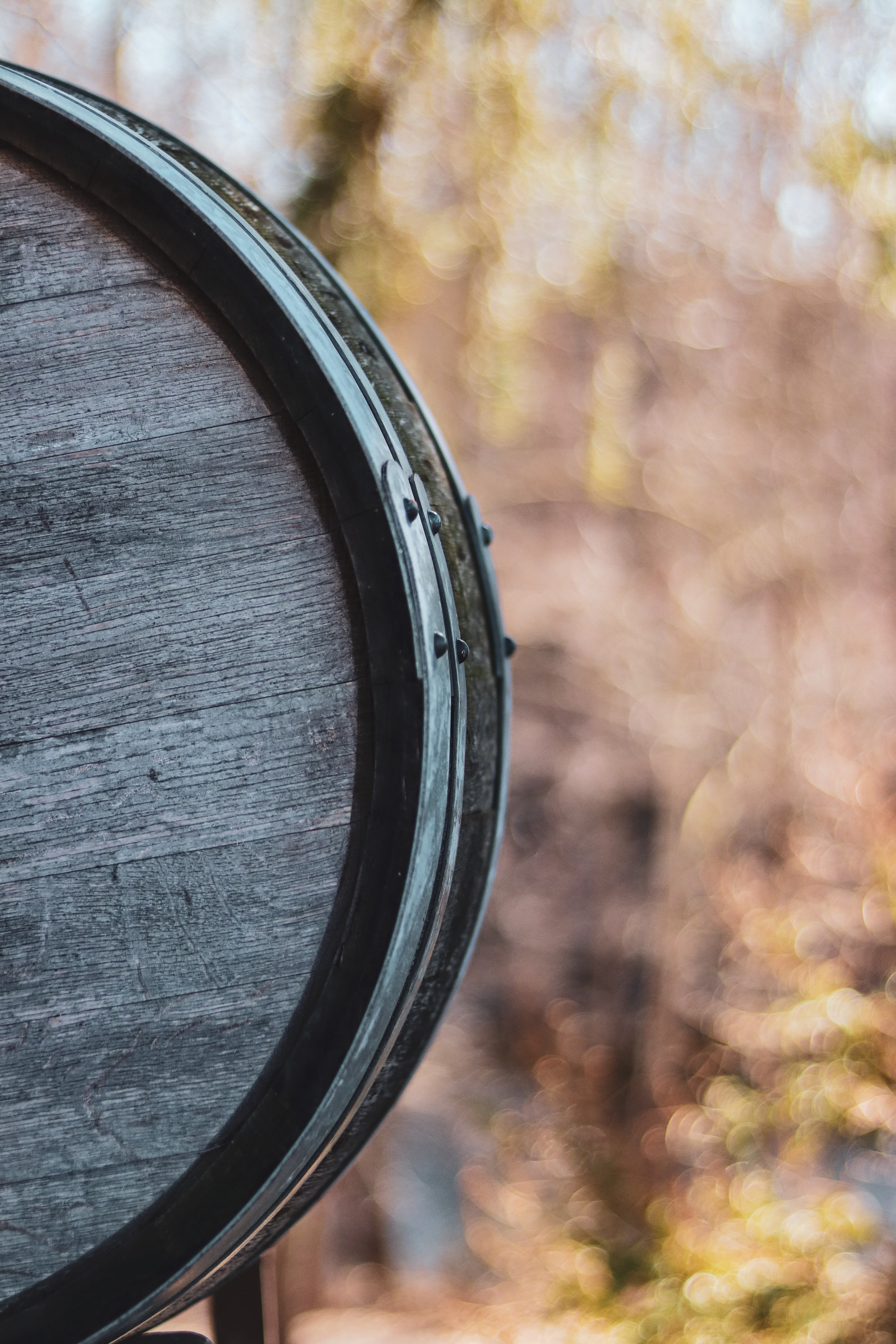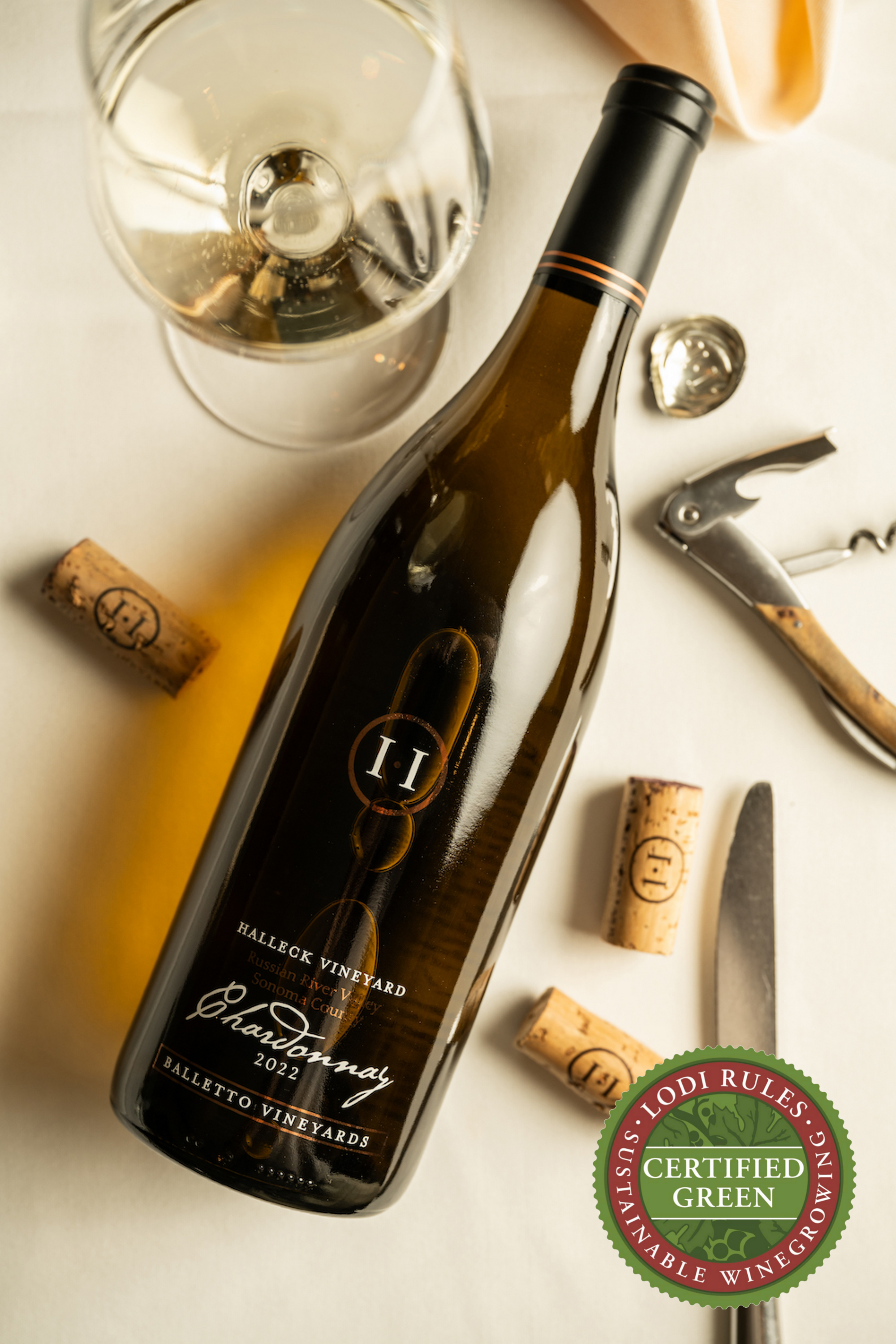Interactive Wine Tasting Experiences In Sonoma - Sonoma Wine Culture
Interactive Wine Tasting Experiences In Sonoma - Sonoma Wine Culture
Blog Article
Wine Tasting Trails In Sonoma Valley - Sonoma Wine Tasting Recommendations
Wine tasting is commonly considered an art form, one which goes past merely having fun with a beverage. It embraces a posh interaction of flavors, aromas, and textures that requires devoted practice to actually grasp. Many who venture into the world of wine tasting shortly understand that it involves much more than just sipping wine. Bettering sensory skills by way of dedicated winery wine tasting can elevate the experience, reworking an off-the-cuff consuming occasion into a classy exploration of the senses.
At a fundamental level, wine tasting engages the senses of sight, scent, style, contact, and even sound. Every part performs an important function in appreciating the nuances of a wine. When one first pours a glass of wine, the rich hues can present preliminary insights into its age and varietal. Observing the colour and readability helps type expectations in regards to the wine's flavor profile. Many don’t absolutely respect how this visual assessment can set the stage for what is to follow.
The next step is to have interaction the sense of smell. Swirling the glass aerates the wine, allowing its risky compounds to flee and fill the air with its bouquet. The nostril entails some fascinating layers—different aromas can signal numerous elements of the winemaking course of, including the sort of grapes used, fermentation methods, and getting older situations. Developing a keen sense of odor is usually a game-changer in wine tasting.
Unique Wine And Food Pairings In Sonoma - Sonoma County Wine Tasting Locations
To enhance this sensory skill, wine enthusiasts are sometimes encouraged to take part in dedicated tastings at wineries. These tastings enable individuals to focus solely on the sensory experience (Wineries That Offer Food Trucks On Weekends). Tasting classes led by knowledgeable sommeliers or winemakers can supply insights into figuring out distinct aromas. Studying to differentiate between floral, fruity, earthy, and spicy notes can empower a taster to articulate their experience with higher precision.
As one practices their sensory skills, they may discover that their taste preferences evolve. This transformation usually happens after a number of tastings. A wine that originally appeared overwhelming may reveal hidden layers of complexity with a little bit of experience. Understanding how to isolate particular person flavors such as acidity, sweetness, bitterness, and umami contributes substantially to the overall wine experience.
Another important element in improving sensory skills is the context by which wine is tasted. Environmental elements like temperature, lighting, and even the company current can affect perceptions. At a winery, an optimum setting can reduce distractions and allow a more profound exploration of the wine (Wineries With River Views). Working Towards mindful tasting techniques encourages a more immersive experience, permitting tasters to hone in on their senses.
It is not solely about particular person perception, although. Participating with others throughout a tasting also can improve sensory skills. Sharing notes and discussing impressions fosters a deeper understanding of the wine. This collaborative strategy encourages participants to articulate their sensory experiences, thereby broadening their linguistic repertoire associated to wine tasting.
Wineries With Estate-Grown Grapes - Discovering The Vineyards Of Sonoma County
Moreover, pairing wine with food can significantly improve the tasting experience. Totally Different combos can bring out distinctive flavors in both the wine and the dish. As one tastes a wine alongside particular foods, they'll begin to acknowledge how certain elements in the wine complement or distinction with what they're consuming. This skill of pairing is another layer that enriches sensory development.
Coaching one’s palate can involve a selection of exercises. Some enthusiasts have interaction in systematic tasting experiences, sampling a variety of wines that showcase different varietals, areas, or vintages. Exploring this variety can sharpen the ability to discern nuances throughout totally different wine profiles. Over time, this practice builds a psychological library of flavors that might be accessed during future tastings.
Notably, written notes serve a dual purpose: organizing one’s ideas and reinforcing memory. By writing down observations about every wine, tasters can monitor their progress over time. Detailing the characteristics of wines assists in solidifying information, ultimately deepening one’s appreciation of what they devour.
Furthermore, attending workshops or classes centered on sensory analysis can additionally be helpful. Many wineries provide these academic applications to help people refine their skills. Typically, trained instructors guide individuals through structured tastings, specializing in particular elements of the wine. This stage of education reinforces the sensory skills asynchronously and challenges tasters to suppose about their experiences from different angles.
Wineries Renowned For Cabernet Sauvignon In Sonoma - Wine Tasting Activities In Sebastopol

Over time, the commitment to enhancing sensory skills via dedicated winery wine tasting can yield vital rewards. The enjoyment derived from wine turns into layered and multifaceted. No longer restricted to a easy choice for "pink" or "white," tasters start to understand the tales behind every pour. They cultivate a palette capable of navigating the complex panorama of flavors with confidence.
In conclusion, the journey of enhancing sensory skills by way of devoted winery wine tasting is as rewarding as it's gratifying. It requires focus, dedication, and a willingness to study, however the outcomes far exceed the initial effort. By partaking a quantity of senses and collaborating in thoughtful discussions, individuals not only become more adept at figuring out flavors but additionally develop a deeper appreciation for the find out this here craftsmanship behind every bottle. The course of transforms wine from a mere beverage into a rich tapestry of sensory exploration that beckons enthusiasts to delve deeper. As skills improve, so too does the enjoyment, enriching life experiences one sip at a time.
Wineries Offering Private Events - The Beauty Of Sebastopol Wineries
- Partaking the palate via various wine varieties enhances the flexibility to tell apart flavors and aromas, refining overall sensory perception.
- Collaborating in guided tastings promotes centered consideration on subtle characteristics of each wine, nurturing crucial tasting skills.
- Studying to establish particular grape varieties fosters a deeper understanding of terroir, which aids in recognizing regional flavor profiles.
- Incorporating food pairings throughout tastings can heighten sensory awareness, as totally different tastes can influence one another and alter perceptions.
- Training the art of swirling and nosing wines permits people to attach olfactory cues with style, bettering the flexibility to articulate sensory experiences.
- Attending workshops that emphasize blind tastings trains members to rely purely on their senses rather than preconceived notions, enhancing objectivity.
- Elevating sensory skills can result in higher wine choice abilities, empowering individuals to make informed selections based mostly on personal preferences.
- Participating with educated sommeliers presents insights into wine-making processes, which deepens sensory appreciation and enhances vocabulary for describing wines.
- Common participation in tastings encourages memory improvement of flavors and aromas, aiding in the formation of a personalised sensory profile over time.
- Sharing tasting experiences with peers fosters discussion, promoting communal learning that can improve particular person sensory skills by way of collaboration.undefinedWhat is the aim of bettering sensory skills via wine tasting?
Bettering sensory skills by way of wine tasting permits individuals to reinforce their capability to determine and appreciate the various aromas, flavors, and textures of wine. This heightened sensory awareness can result in a deeper understanding of wine and an overall enriched tasting experience.
Spectacular Vineyard Views In Sonoma - Wine Tasting At Sonoma Vineyards
How can I develop my sensory skills at a winery?
You can develop your sensory skills at a winery by collaborating in guided tasting periods that focus on particular varietals. Have Interaction with knowledgeable staff who can present insights and encourage you to take notes in your impressions, enhancing each your observational and descriptive skills.
What ought to I anticipate during a dedicated wine tasting experience?
Innovative Wine-Making Techniques In Sonoma Valley - Sebastopol Vineyard Experiences
During a devoted wine tasting experience, count on to sample a selection of wines while receiving focused training about each one. You Will learn about the winemaking course of, tasting techniques, and how to discern completely different sensory characteristics, all in a relaxed setting.

Is prior data of wine necessary to profit from a sensory skills workshop?
- Historical Wineries To Visit In Sonoma
No prior information of wine is necessary; the workshops are designed for all levels of experience. Novices will find useful information to build from, whereas seasoned tasters can refine their skills and expand their palate even further.
How do sensory skills impression my overall wine appreciation?
Vintage Wine Tasting Experiences In Sebastopol - Sebastopol Winery Experience
Enhancing sensory skills significantly enhances your total wine appreciation by allowing you to identify subtleties and complexities hop over to here in wines. This deeper understanding enriches your tasting experience and helps you make knowledgeable choices based on personal preferences.
Are there particular techniques I should use whereas tasting wine to improve my sensory skills?
Wineries With Unique Tasting Experiences - Sonoma’s Lush Vineyard Landscapes
Sure, employing techniques such as the "SWOT" technique (Sight, Swirl, Smell, Sip, Savor) can be beneficial. Pay attention to the wine's look, aromatics, and mouthfeel, and take your time with every sip to totally discover the flavors and sensations.
What sort of wines are typically included in sensory skills tastings?
Usually, sensory skills tastings embrace a variety of wines that showcase totally different regions, varietals, and styles. This diversity helps individuals identify distinct traits and enhances their capability to distinguish between wines.
Can sensory skills workshops be personalized to my tasting interests?
Wineries With Picnic Areas - Sebastopol Area Wine Tasting
Many wineries provide personalized options for sensory skills workshops, allowing you to give attention to particular kinds of wines or themes that interest you, similar to organic wines or unique regional choices. It Is greatest to inquire immediately with the winery for tailor-made experiences.
Is there a method to practice sensory skills after leaving the winery?
Yes, you can practice your sensory skills at home by tasting totally different wines and maintaining a tasting journal. Experimenting with various food pairings and aromatics can additional enhance your understanding of how flavors work together, reinforcing the skills gained on the winery. Report this page